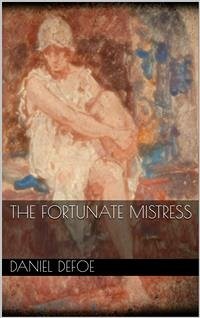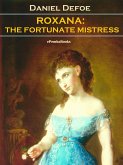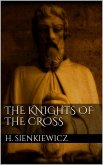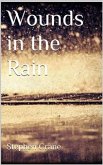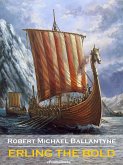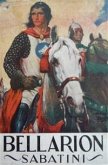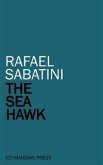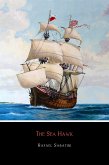In March, 1724, was published the narrative in which Defoe came, perhaps even nearer than in Moll Flanders, to writing what we today call a novel, namely: The Fortunate Mistress; or, a History of the Life and Vast Variety of Fortunes of Mademoiselle de' Belau; afterwards called the Countess of Wintelsheim, in Germany. Being the Person known by the name of the Lady Roxana, in the Time of King Charles II. No second edition appeared till after Defoe's death, which occurred in 1731. Then for some years, various editions of The Fortunate Mistress came out. Because Defoe had not indicated the end of his chief characters so clearly as he usually did in his stories, several of these later editions carried on the history of the heroine. Probably none of the continuations was by Defoe himself, though the one in the edition of 1745 has been attributed to him. For this reason, and because it has some literary merit, it is included in the present edition.

